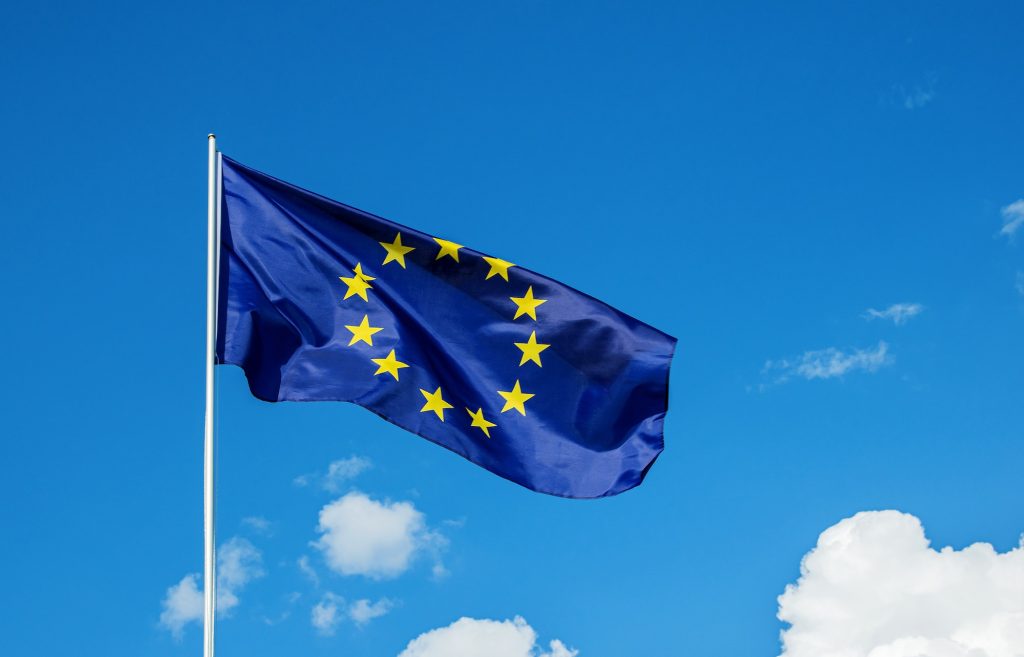Digital Watch Observatory - Digital Governance in 50+ issues, 500+ actors, 5+ processes

The Digital Markets Act remains central to EU competition policy as appeals from Apple and Meta highlight rising transatlantic regulatory tensions.

A new study suggests the mathematics behind AI training also governs the hidden dynamics of everyday foams, challenging long-standing assumptions in materials science.

Ingredient research is evolving as Mars uses AI to explore fermentation, plant compounds, and alternative proteins.
Must read
Analysis
Inside NeurIPS 2025: How AI research is shifting focus from scale to understanding
This year’s NeurIPS awards highlight a shift in AI research, focusing less on bigger models and more on understanding how systems learn, generalise, and behave responsibly.
Analysis
How AI agents are quietly rebuilding the foundations of the global economy
Behind the scenes, autonomous AI agents are moving into the core of economic systems, reshaping workflows, authority, and execution across the global value chain.
Analysis
'All is fair in RAM and war': RAM price crisis in 2025 explained
RAM prices are surging worldwide, and AI demand, tariffs, and supply concentration have reshaped the memory market of today.
DW at a glance
FOLLOW
WSIS+20 Process
The year 2025 marks 20 years since the finalisation of the World Summit on the Information Society (WSIS), and a review process looking at 20 years of WSIS outcomes implementation will conclude with a high-level meeting at the UN General Assembly (UNGA), in December. This page keeps track of the process leading to the UNGA meeting in December 2025. It also provides background information about WSIS and related activities and processes since 1998.
Explore the Observatory
Digital Technologies
From internet applications to quantum computing, we focus on advanced and emerging digital technologies which are increasingly reshaping our economies and societies.
Clusters of Policy topics
We unpack digital policy by exploring over 50 topics – from access and sustainable development to network security and the future of work – classified in 7 clusters.
Processes
Follow some of the most important digital policy processes, from the EU's work on the Digital Services Act/Digital Markets Act to the UN Cybercrime Ad Hoc Committee.












